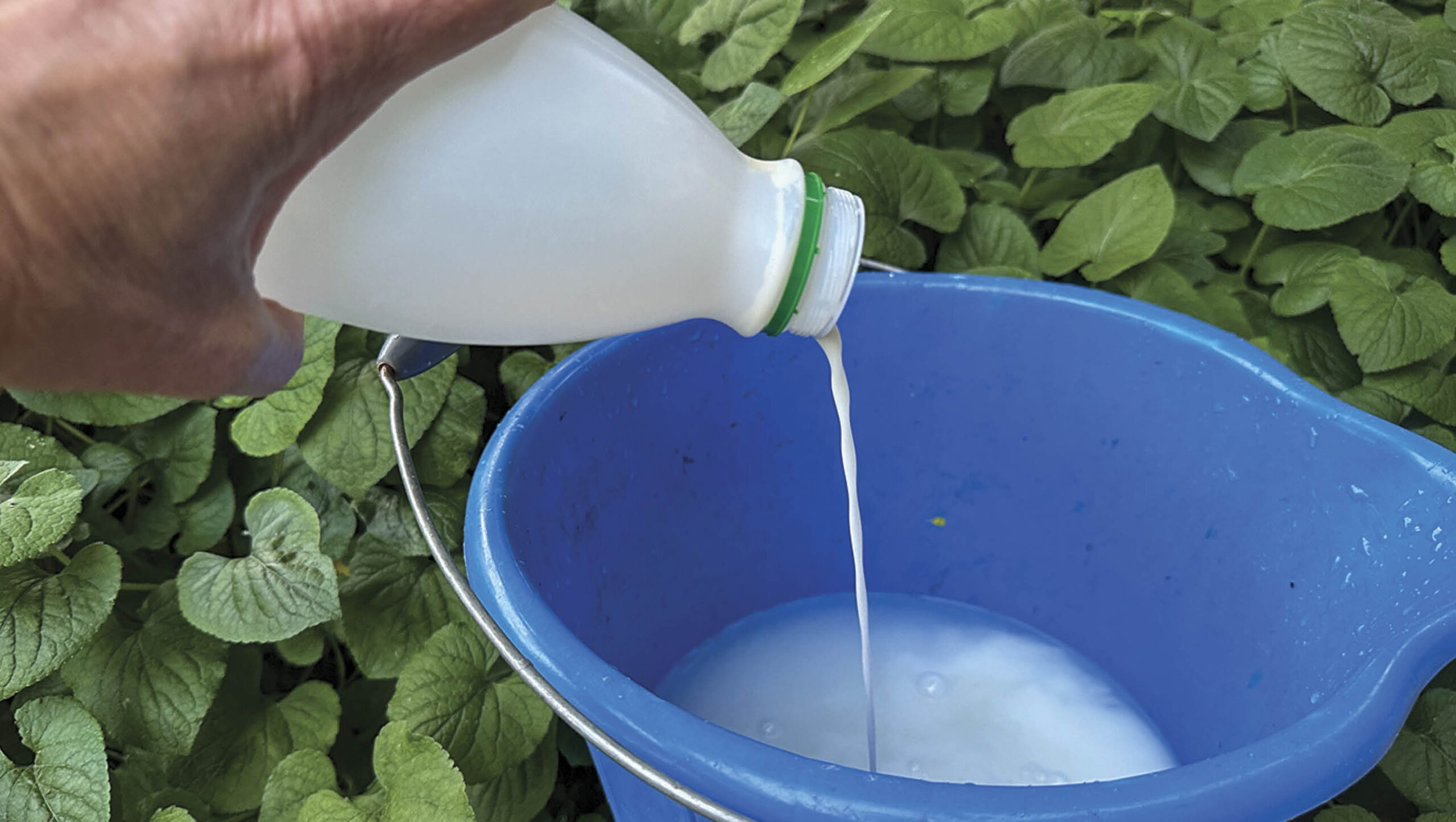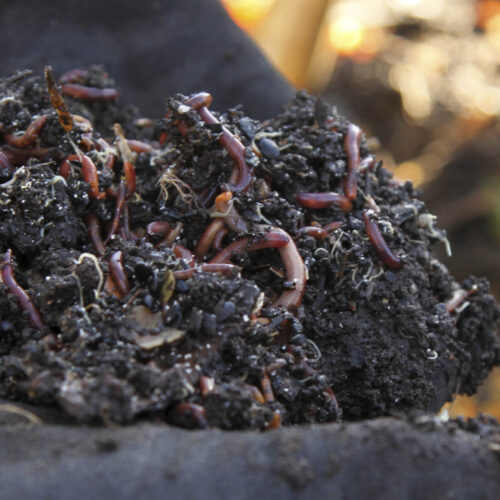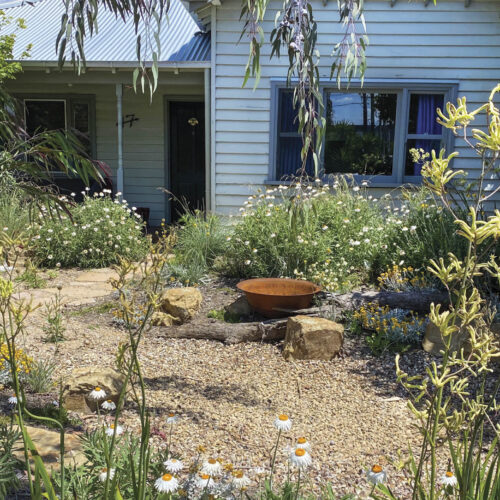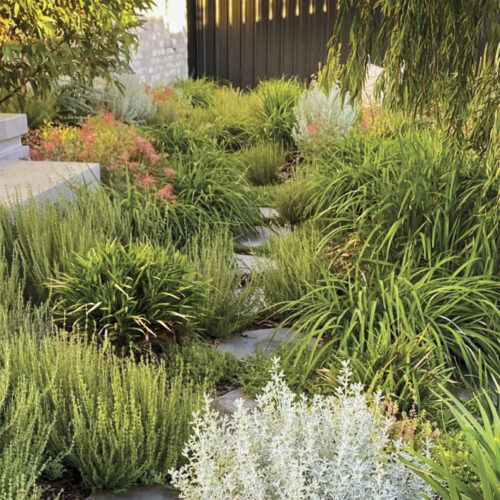Don’t cry over out-of-date milk & other tips
2024-03-05T03:57:36+11:00
Our experts have some simple solutions to help you grow your harvest organically.
Here’s some practical solutions from our experts to help ensure organic gardening success – you can check the tips that are specific to your climate zone, and some tips are useful no matter where you live.
Warm temperate
Karen Sutherland
Rehydrate soil | As summer draws to a close, watch for hydrophobic soil, especially if rains have been infrequent and temperatures and/or winds high. Hydrophobic soil repels water and will need treatment with an organic soil re-wetter before any new planting can take place. After re-wetting, add compost and organic matter to revitalise the soil, as the soil micro-organisms will have reduced in the dry conditions.
Solve tomato problem | Cracks in tomatoes can ruin them. Help prevent cracks by keeping soil moisture levels stable, watering when weather is dry and topping up mulch. Applying liquid calcium (available at garden centres) to the soil will help to reduce problems with cracking, while also helping to prevent blossom end rot. A good tactic is to pick mature tomatoes early when heavy rains are expected and ripen them off the vine. It also helps to remove lower leaves from tomato plants to allow better airflow. Some varieties are more prone to cracks than others, so if you continue to have problems, try crack resistant varieties.
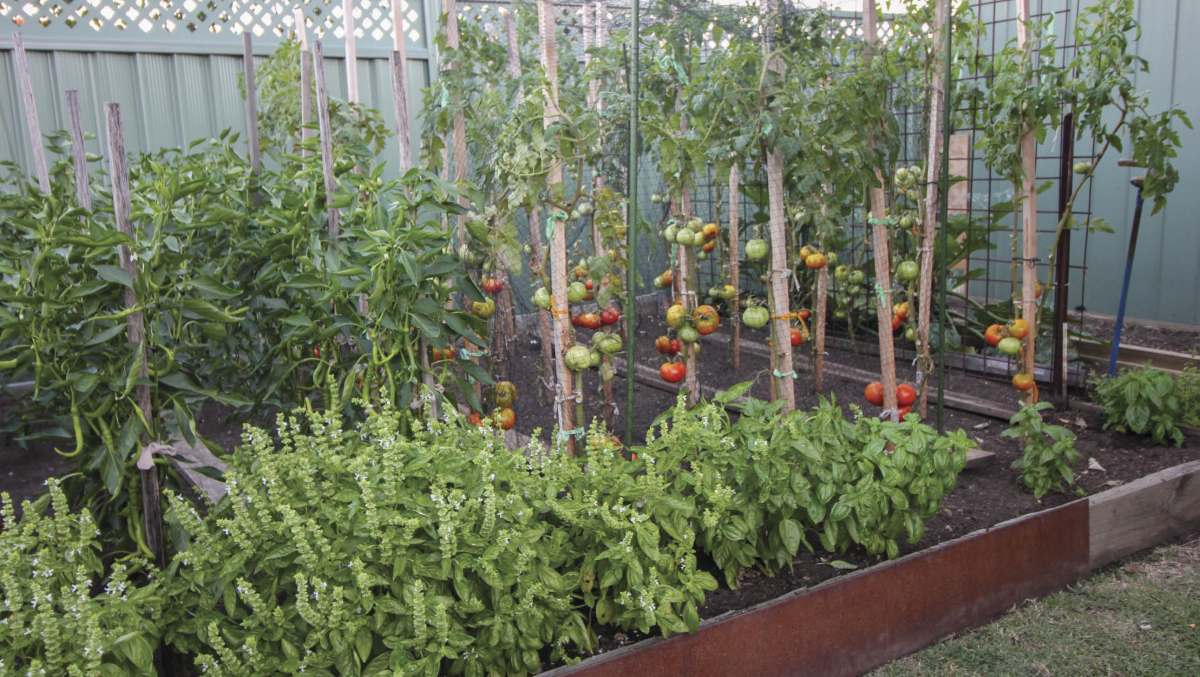
Cool temperate
Karen Sutherland
Avoid leaf miner | Late summer is the time that citrus leafminer appears in cooler climates. It only affects new growth and can be prevented by spraying new leaf flushes with an oil-based spray, once every 10 days until the leaves harden off. Remove and destroy affected growth as it will not recover.
Feed plants milk | Don’t cry over out-of-date milk. Use it as a fertiliser and to build up soil micro-organism levels. Apply to soil undiluted or mix 1 part cow’s milk with 5 parts water and use as a foliar feed or water in around a plant that needs a boost. Dilute well with more water afterwards to avoid smelly residue. You can use full cream or low fat, but UHT milk has no real benefits, although it won’t hurt to tip it on the garden rather than down the sink.
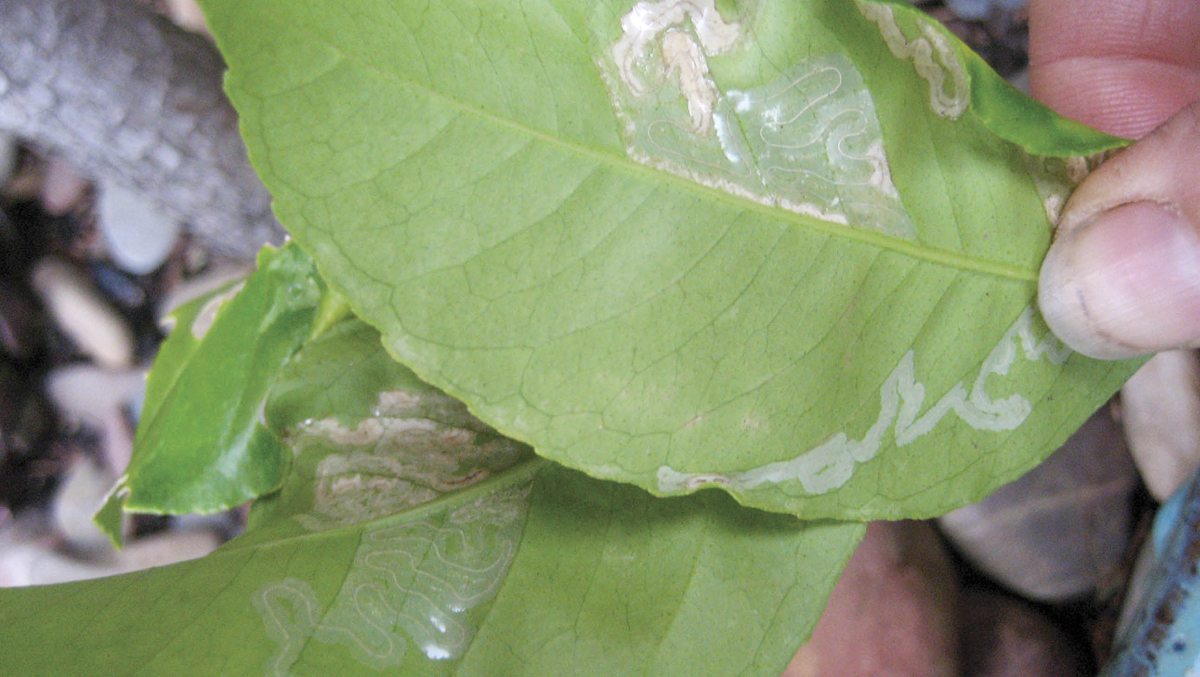
Arid/Semi-arid
Helen McKerral
Eat your daylilies | Daylilies (Hemerocallis fulva) add a wonderful splash of colour to the summer garden, but they are also an incredibly versatile edible. The flowers can be stuffed and battered like zucchini flowers or tossed through salads (remove the stamens first) and, when the plant becomes dormant, you can harvest the tubers like potatoes: just remember to replant some for next year. Young shoots are delicious lightly steamed or blanched. While daylilies are edible, many other lilies are toxic, so ensure you’ve identified them correctly!
Harvest okra daily | Okra loves the heat and the fruit grow very quickly. Smaller pods are the most tender, so pick daily not only for the tastiest harvest, but also to extend flowering and fruiting. Snip off fruit with a short stem attached and store in the crisper.
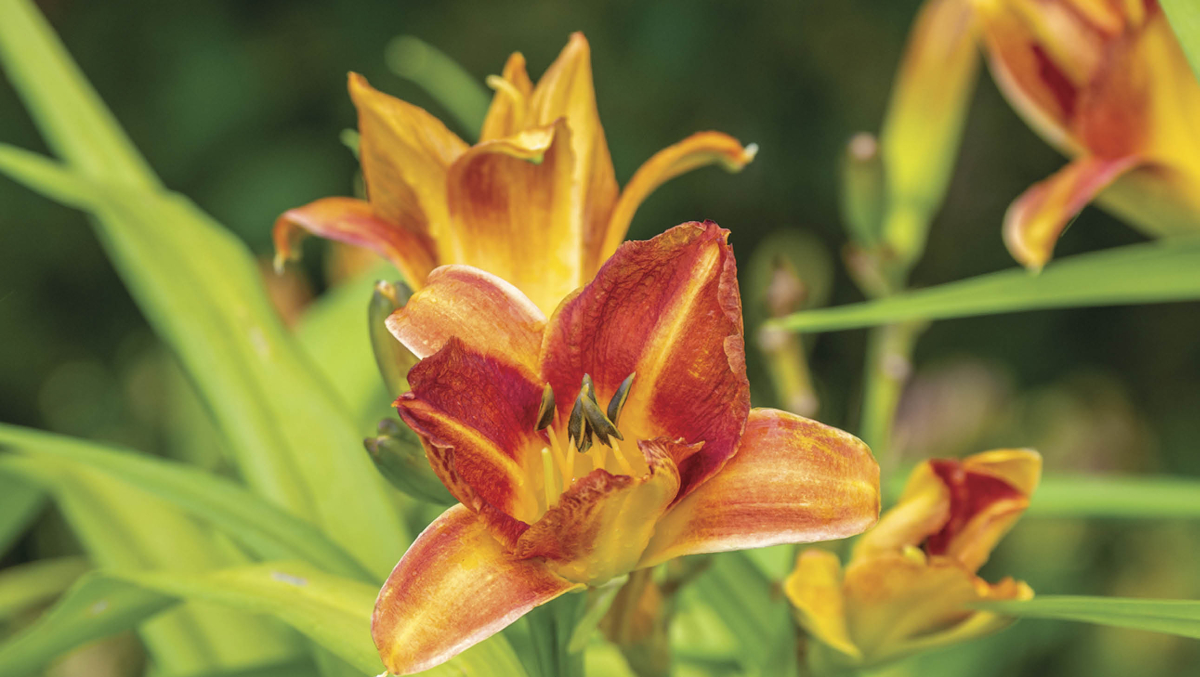
Subtropical
Leonie Shanahan
Be safe | Potting mix is great for plants but beware of the dangers to humans. Legionnaires’ disease warnings are given, and a mask needs to be worn. Also wear gloves when handling and thoroughly clean hands and under fingernails after use. A friend of mine scratched her face after potting up and contracted a serious infection, ending up in hospital in emergency on IV antibiotics. Simple preventive measures will keep you healthy.
Harvest watermelon | Watermelons are ripe and ready for harvest when the tendril closest to the growing point of the melon has dried and gone brown, or give it a tap to see if the melon sounds hollow. Did you know that not only the fruit is edible but also the rind (there are a range of recipes) and the seeds. Make sure your watermelon is organic, and enjoy.
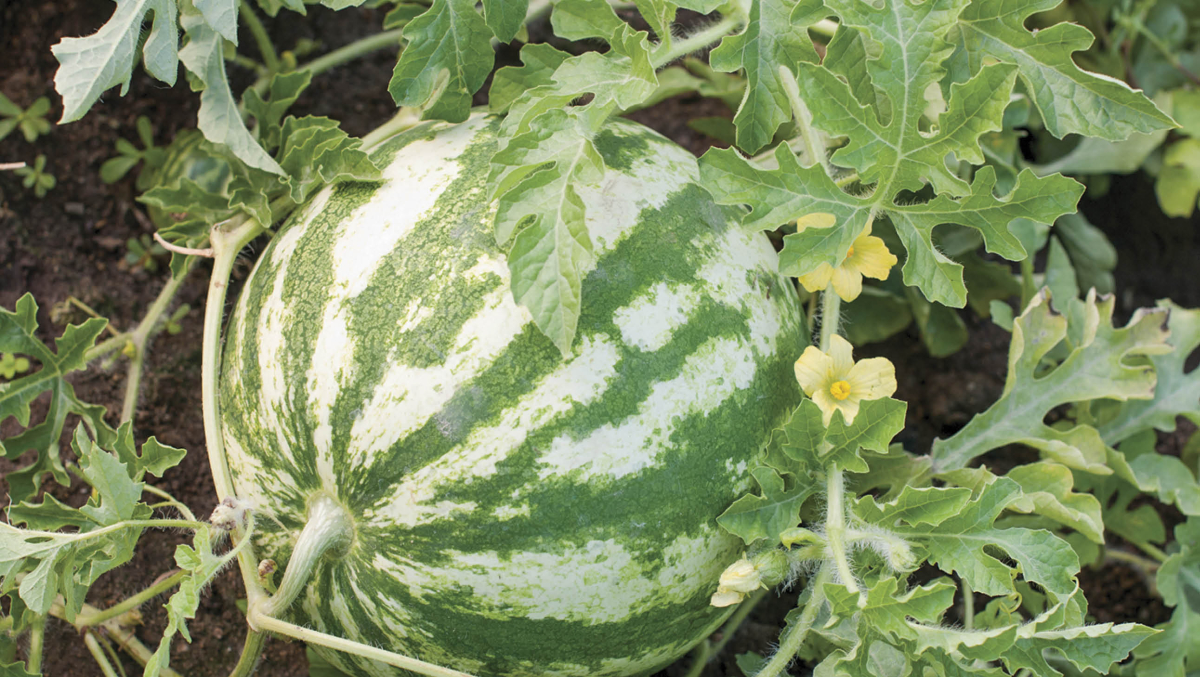
Subtropical
Leonie Shanahan
Protect young fruit trees | Planting fruit trees? Establish a plant support system around them to protect them from adverse conditions and increase their vitality. Sow pigeon pea seed 1m from the tree, which will give the tree protection for 1–2 years. You can chop and drop pigeon pea stems for mulch. Also, plant shallow rooted crops around your tree, such as French millet, mung beans, marigolds or nasturtiums. These will protect the soil, build organic matter, and attract beneficial insects.
Plant sweet potato | Get your sweet potato cuttings in now, either plant the end of a sweet potato that is sprouting or cut some ‘slips’ (stems) off an existing plant. Plant into mounded, well-drained, compost-enriched soil, in full sun to part shade. The leaves will grow and cover your soil quickly. Put a stake in to mark where your original plant is for when harvesting time comes. Protect from bush turkeys.
You’ll find more practical solutions in each issue of ABC Organic Gardener magazine, and you can have it delivered to your door! You can easily subscribe here.


